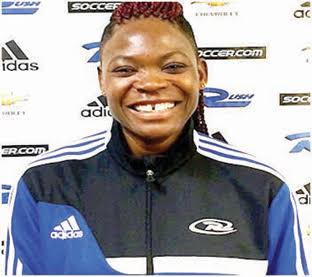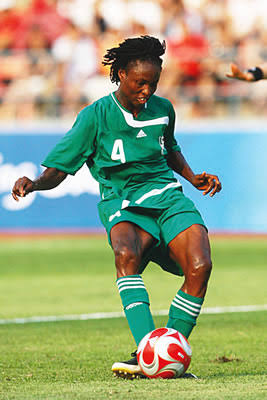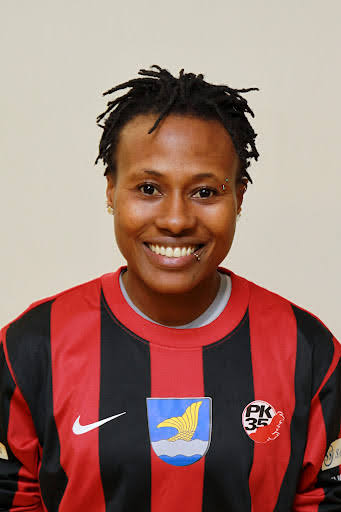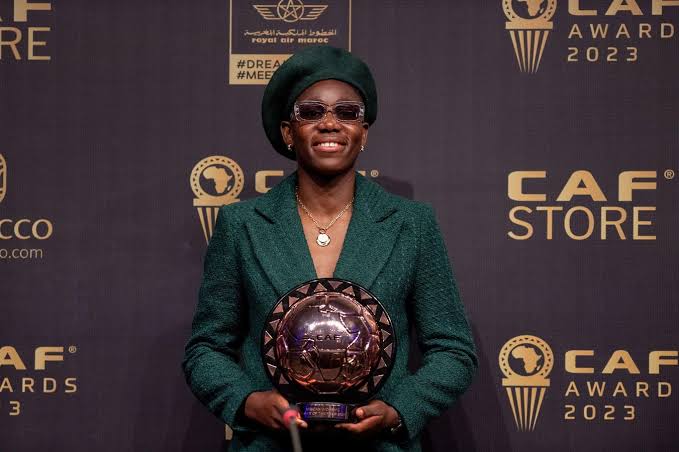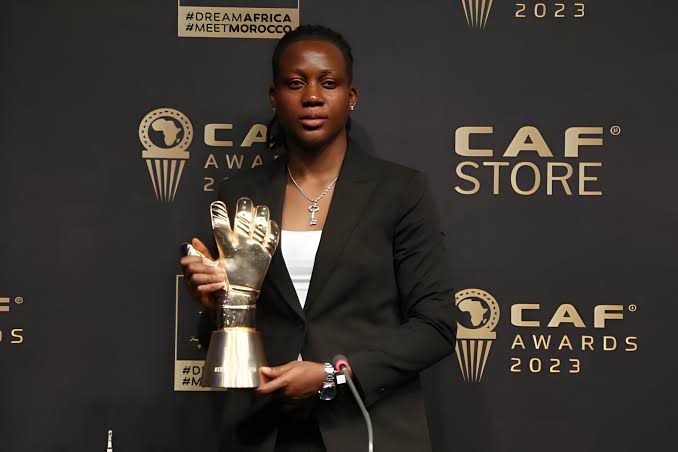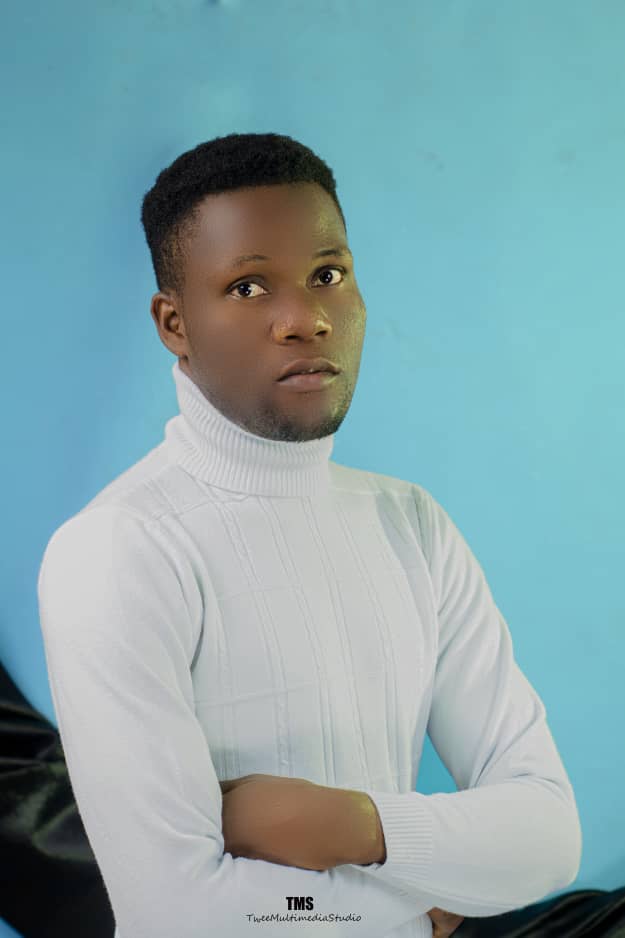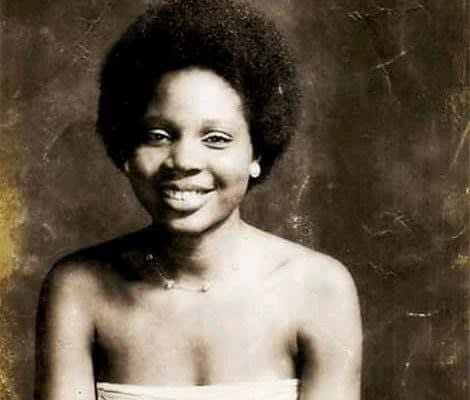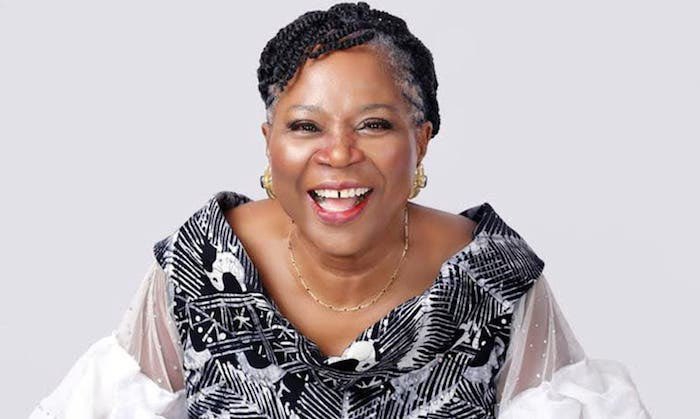Femi Adebayo’s Seven Doors is not just a movie series it’s a cultural and thematic journey that transcends the typical Nollywood offering. Released on Netflix in December 13th, 2024, this six-part series has gatheredsignificant attention for its profound exploration of tradition, personal sacrifice, leadership, and spirituality.
The series marks Adebayo’s debut as a director, and he undoubtedly proved himself as one that is a master of the craft already with this ambitious project that combines rich storytelling with exceptional cinematic craftsmanship.
Plot Overview
Set against the backdrop of the late 18th and early 19thcenturies, Seven Doors revolves around the central character, Adedunjoye (played by Femi Adebayo himself), the heir to the throne of Ilara Kingdom. Initially a humble man and content in his familial life, Adedunjoye is thrust into a role of great responsibility when circumstances force him to ascend to the throneafter he was convinced by his wife to take up the responsibility.
However, his reign is marred by a series of calamities, including a devastating famine, civil unrest, and personal loss, all of which are believed to be the result of an ancient curse tied to his ancestors’ unresolved sins.
The ancient tradition that governs the kingdom stipulates that in order to restore balance, Adedunjoyemust marry seven wives, symbolically knocking on “seven doors.” His refusal to comply with this ancestral decree sets the stage for a tense exploration of personal values, leadership responsibilities, and the impact of tradition on one’s choices.
As the series unfolds, we are drawn into Adedunjoye’sinternal struggle should he honour the customs of his kingdom or take a stand against practices that he believes are unjust and goes against his undying love for his wife which they had both promised one another that they were only both made for one another in this world.
This conflict forms the backbone of the narrative and is woven with themes of sacrifice, power, morality, and the generational burden of ancestral mistakes and misdeeds.
Critical Reception
Critics and audiences alike have applauded Seven Doors for its rich thematic depth and masterful direction. The movie series has been described by Premium Times describes as a “thematic masterpiece” that is compelling from start to finish. The careful blending of traditional Nigerian folklore with contemporary dilemmas creates a narrative that feels both timeless and timely. Adebayo’s ability to tackle complex issues surrounding leadership, destiny, and personal integrity resonates deeply with viewers, making it more than just a historical drama.
The series’ portrayal of Nigerian culture is also a standout feature. While historical fiction, Seven Doors does an exceptional job of integrating authentic Yoruba language and cultural elements. In fact, the language used throughout the series ranging from Yoruba to English to Igbo adds a layer of richness, immersing the viewer in a deeply cultural and multi-dimensional world that feels real and lived-in.

Production Design and Cinematography
Visually, Seven Doors is stunning. The production design is meticulous and well detailed, bringing the 18th and 19th centuries to life with an accuracy that enhances the storytelling. The intricate set designs, from grand royal palaces to the rustic settings of rural villages, serve to immerse the audience into the world of Ilara Kingdom. The costume design is equally impressive, with elaborate garments that reflect the wealth, power, and customs of the time.
Adebayo’s direction shines in the way he captures the emotional depth of each scene, especially in moments of internal conflict. The cinematography stands out, with sweeping shots of the kingdom’s landscapes contrasted with intimate close-ups of the characters’ faces, allowing the viewer to feel the tension, fear, and determination in their eyes. This attention to detail serves to ground the fantastical elements of the story in a believable reality.
Characters and Performances
The performances in Seven Doors are a driving force of the series. Femi Adebayo, who takes on the central role of Adedunjoye, delivers a powerful and professional portrayal of a man who is torn between duty and conscience.
His performance is deeply relatable, conveying the internal battle of a leader who must weigh the demands of his people against his personal beliefs. Adebayo skilfully navigates these emotional imbalances, adding layers of complexity to a character that could have easily been one-dimensional.
Chioma Akpotha as Queen Amaka is another standout. As a strong, compassionate, and pragmatic character, Amaka serves as both a pillar of support and a voice of reason to Adedunjoye. Portraying herself as a woman who’s got great love for her husband and family, a supporting wife and strong Igbo woman who stood by her husband till the very end despite the tragic occurrence.
Her creativeness of speaking Yoruba despite being an Igbo woman shows how rooted she had become with her husband.
Akpotha’s ability to convey deep emotional complexity with subtlety and grace makes her one of the most memorable characters in the series.
Muyiwa Ademola plays Oba Adedunjoye, bringing gravitas to the role of a king burdened by the weight of his lineage. His portrayal captures the inner turmoil of a ruler trying to balance personal happiness with the duty to his kingdom.
Aliu Gafar’s role as Esusu, the antagonist, is chilling, as he embodies a complex character whose motives are shrouded in mystery and manipulation. His performance brings an intensity to the series, creating a chilling tension between the forces of tradition and the evolving world.

Themes and Symbolism
Seven Doors is much more than a historical drama it is a deep dive into the philosophical and moral dilemmas that come with power and tradition.
The series tackles universal themes such as the consequences of one’s actions, the struggle between personal autonomy and societal obligation, and the age-old tension between progress and tradition.
The concept of the “seven doors” is symbolic, representing the trials and tribulations that Adedunjoyemust face. The doors are not just literal but also metaphorical, representing the thresholds of personal and spiritual growth. Each “door” symbolizes a challenge that the protagonist must overcome whether it be accepting his role as king, navigating the consequences of his ancestors’ actions, or coming to terms with his moral choices. This use of symbolism elevates the narrative, making it a rich text for interpretation and analysis.
The series also explores the consequences of ancestral actions. Adedunjoye’s struggle to escape the shadow of his forefathers’ sins is a potent reminder that the choices of previous generations have lasting effects. This generational burden resonates deeply with viewers, reflecting the broader societal conversations about history, legacy, and accountability.
Music and Soundtrack
The soundtrack of Seven Doors plays a crucial role in establishing the mood of the series. The music, composed to reflect the cultural and historical themes of the show, uses traditional Yoruba rhythms and instruments, further enhancing the immersive experience. The score serves as a kind of emotional guide, subtly urging the audience to feel the tension, sorrow, and hope that permeate the series.
It’s an essential part of what makes Seven Doors so compelling elevating scenes of great emotional depth and providing moments of introspection.
In the end, Seven Doors is an exemplary piece of Nigerian cinema that is made to resonate far beyond its immediate audience. With great performances, captivating direction, and a complex narrative filled with philosophical depth, Femi Adebayo has delivered a series that is as intellectually stimulating as it is entertaining.
The film is an exploration of power, responsibility, and the ever-relevant battle between tradition and progress. It is a visual and emotional journey that demands to be seen and discussed.
Seven Doors stands as a milestone in Nollywood’s evolution, setting a high bar for future productions. The costuming and props used in the series and creativity sets its on high amongst many Nollywood movies released in recent times. It combines the traditional with the modern, the personal with the universal, making it a must-watch for anyone interested in cinema that challenges the boundaries of storytelling.
Rating
Without much deliberation and prejudice to recent movies it is easy for audience to give the new series a rating of 9/10.
A must watch this festive season if you are a lover of Nigeria cultural and epic movies.




















